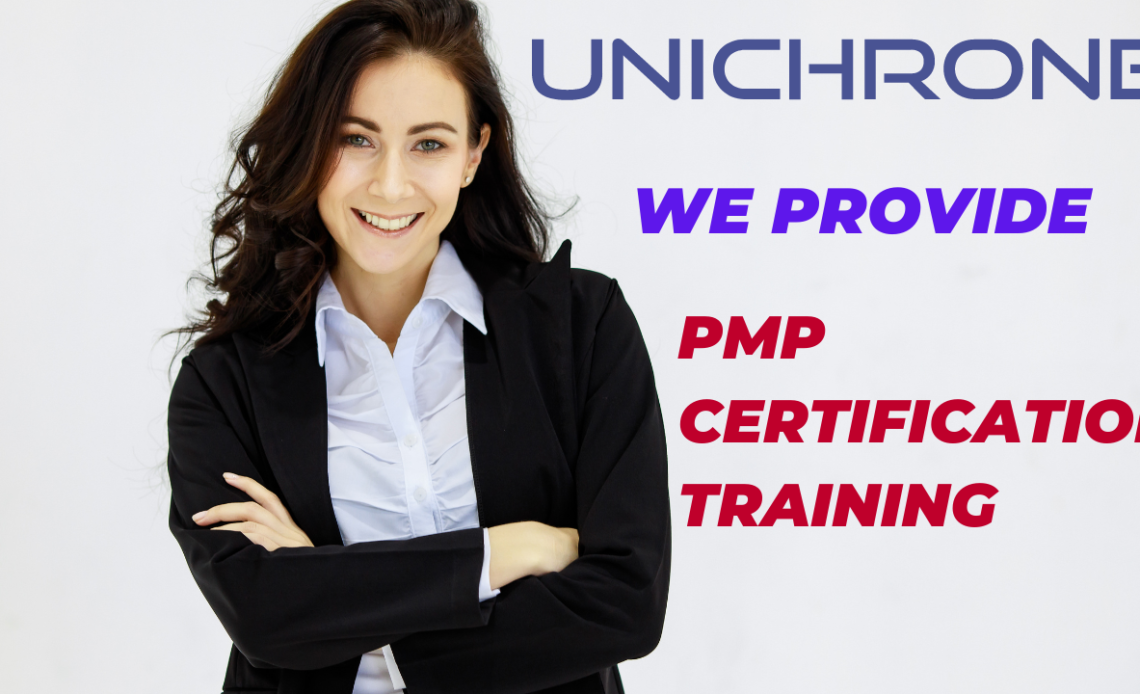Introduction:
In the dynamic world of project management, the ability to foresee and manage risks is paramount. Holistic Risk Management, often integrated through the Project Management Professional (PMP) approach, is an essential strategy for identifying and mitigating potential project challenges. This article delves into the significance of Holistic Risk Management, its application within the PMP framework, and the benefits of PMP certification and training in equipping professionals to navigate project complexities seamlessly.
1. Understanding Holistic Risk Management:
Holistic Risk Management encompasses a comprehensive approach to identifying, analyzing, and mitigating risks that could impact project outcomes. It emphasizes looking beyond the obvious risks and considering interconnected factors that could influence project success or failure. This approach provides a more holistic view of potential challenges, allowing project managers to develop proactive strategies.
2. The PMP Framework and Its Significance:
The Project Management Professional (PMP) certification is globally recognized and revered in the project management field. It offers a standardized framework for approaching projects, focusing on key knowledge areas such as risk management, scope management, time management, and more. Incorporating Holistic Risk Management into the PMP approach enhances a project manager’s ability to handle uncertainties effectively.
3. The Role of PMP Certification:
PMP Certification serves as a testament to a project manager’s proficiency in employing best practices and methodologies. With a strong foundation in Holistic Risk Management, PMP-certified professionals can assess potential risks from a broader perspective, leading to better-informed decisions and more successful projects.
4. Incorporating Holistic Risk Management in PMP Training:
PMP training programs offer in-depth insights into Holistic Risk Management techniques. These programs equip aspiring project managers with the skills to identify potential challenges at various stages of a project’s lifecycle. Through case studies and real-world scenarios, trainees learn to develop risk response plans that address complex interdependencies.
5. Benefits of Combining Holistic Risk Management and PMP:
Integrating Holistic Risk Management into the PMP approach results in a synergistic effect. Professionals trained in this dual methodology gain a competitive edge in managing intricate projects. They are better equipped to evaluate risks, anticipate potential roadblocks, and adapt their strategies accordingly, leading to increased project success rates.
6. Proactive Risk Identification:
Holistic Risk Management encourages project managers to proactively identify risks rather than reactively addressing issues as they arise. By identifying risks early, teams can implement preemptive measures, minimizing the impact on project timelines and budgets.
7. Enhancing Stakeholder Communication:
The PMP approach, coupled with Holistic Risk Management, emphasizes the importance of transparent and effective communication with stakeholders. This ensures that potential risks are communicated promptly, fostering collaboration and informed decision-making.
8. Developing Contingency Plans:
PMP-trained professionals proficient in Holistic Risk Management are adept at devising robust contingency plans. These plans outline alternative courses of action in the face of unforeseen challenges, allowing projects to stay on track even when unexpected hurdles emerge.
9. Leveraging Lessons from Past Projects:
The PMP framework encourages project managers to reflect on past projects and extract valuable lessons. Integrating Holistic Risk Management enables professionals to not only learn from their experiences but also consider how similar risks could affect future projects.
10. Navigating Complex Project Ecosystems:
Holistic Risk Management within the PMP framework is particularly valuable when dealing with intricate project ecosystems involving multiple stakeholders, technologies, and processes. This integrated approach ensures that all potential risks are thoroughly evaluated.
Holistic Risk Management FAQs:
Q: How does Holistic Risk Management differ from traditional risk management? A: Traditional risk management often focuses on isolated risks, while Holistic Risk Management considers interconnected factors, providing a more comprehensive view of potential challenges.
Q: Is PMP certification essential for project managers? A: PMP certification is highly beneficial as it equips project managers with a standardized framework and advanced skills, including Holistic Risk Management.
Q: Can Holistic Risk Management be applied to various industries? A: Absolutely. Holistic Risk Management is adaptable and can be applied across industries, ensuring effective risk mitigation in diverse projects.
Q: How does Holistic Risk Management impact decision-making? A: Holistic Risk Management enhances decision-making by providing a broader understanding of potential risks, enabling project managers to make informed choices.
Q: What is the relationship between risk response planning and Holistic Risk Management? A: Risk response planning is a component of Holistic Risk Management. It involves developing strategies to address risks identified through a holistic approach.
Q: Can Holistic Risk Management prevent all project challenges? A: While it can’t eliminate all challenges, Holistic Risk Management significantly reduces the likelihood and impact of potential issues through proactive planning.
Conclusion:
In the realm of project management, Holistic Risk Management within the PMP approach emerges as a potent tool for identifying and mitigating project challenges. Through a comprehensive and integrated methodology, project managers equipped with PMP certification and training gain the expertise to navigate complex project landscapes effectively. By embracing the principles of Holistic Risk Management, professionals can proactively address uncertainties, make informed decisions, and steer projects toward successful outcomes.



